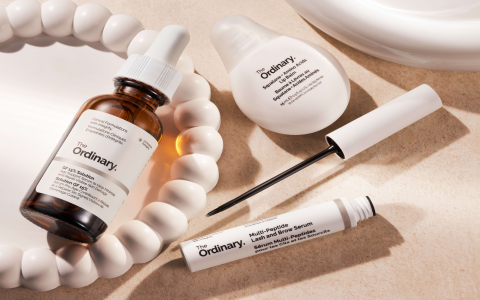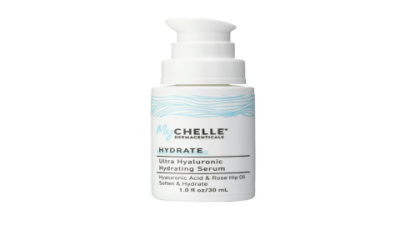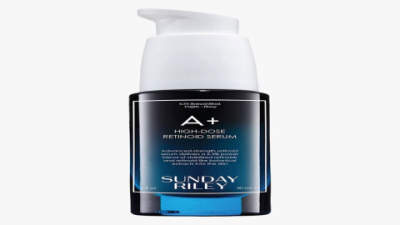You know that feeling when you walk into Sephora and feel completely overwhelmed? Rows and rows of serums promising to fix everything, yet somehow none of them seem quite right for your skin. Well, that frustration might be why everyone's talking about bespoke serums these days.
I'll be honest – when I first heard about custom-made skincare, I thought it was just another expensive beauty trend. But after digging deeper and seeing the results people are getting, I'm starting to understand why the beauty world is buzzing.
So What's All the Fuss About?
Think about it this way: would you wear a one-size-fits-all wedding dress? Probably not. Yet that's exactly what we've been doing with our skincare for decades. Bespoke serums flip that script entirely.
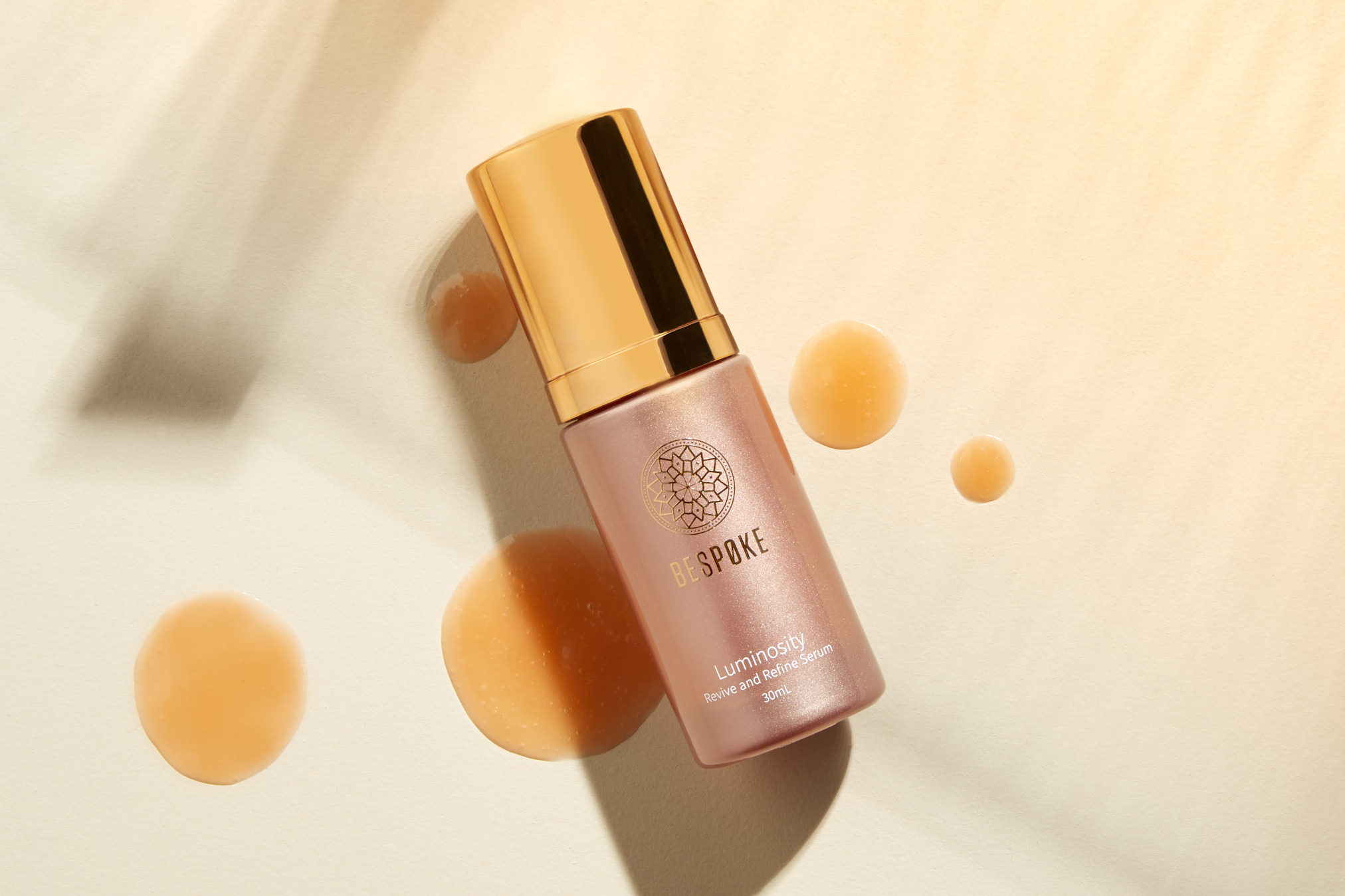
Instead of hoping that moisturizer for "combination skin" actually works for your particular version of combination skin, these custom formulations start with you. Your skin type, your concerns, your lifestyle, even your local weather – everything gets factored in.
The process isn't as complicated as you might think. Most companies start with a detailed questionnaire, sometimes combined with photos of your skin or even a simple at-home test kit. Some of the fancier services use AI to analyze your skin, which sounds very sci-fi but is surprisingly accurate.
Why Regular Serums Just Aren't Cutting It Anymore
Here's something that might surprise you: that $ serum you bought because it worked miracles for your friend? It might actually be too weak for your skin, or worse, contain ingredients that are working against each other for your particular concerns.
Mass-market skincare has to play it safe. They need formulas that won't irritate the most sensitive skin while still being effective enough for tougher skin types. It's like trying to make a spice blend that works for both people who can't handle black pepper and those who love ghost peppers.
Bespoke serums don't have that problem. If your skin can handle 2% salicylic acid, that's what you get. If you need a gentler approach with lactic acid, that's your formula. No compromises.
The Real Game Changers
What really makes these custom serums special isn't just the personalization – it's the science backing it up. The companies doing this right aren't just mixing random ingredients together.
Take aging concerns, for example. A generic anti-aging serum might throw in some retinol, vitamin C, and peptides and hope for the best. But what if your skin produces less collagen due to genetics rather than sun damage? Your custom formula would focus on collagen-boosting ingredients instead of just antioxidants.
Or consider acne treatment. Traditional acne products often take a scorched-earth approach, drying out everything in sight. Custom formulations can target your specific type of breakouts – whether they're hormonal, stress-related, or caused by a damaged moisture barrier.
The pigmentation game is where bespoke serums really shine. Melasma responds differently than post-acne marks, which respond differently than age spots. A custom serum can target your exact type of discoloration with the right combination of brightening agents.
But Let's Talk Money
I won't sugarcoat it – bespoke serums cost more upfront. We're talking anywhere from $ to $ per bottle, depending on the complexity of your formula and the company you choose.
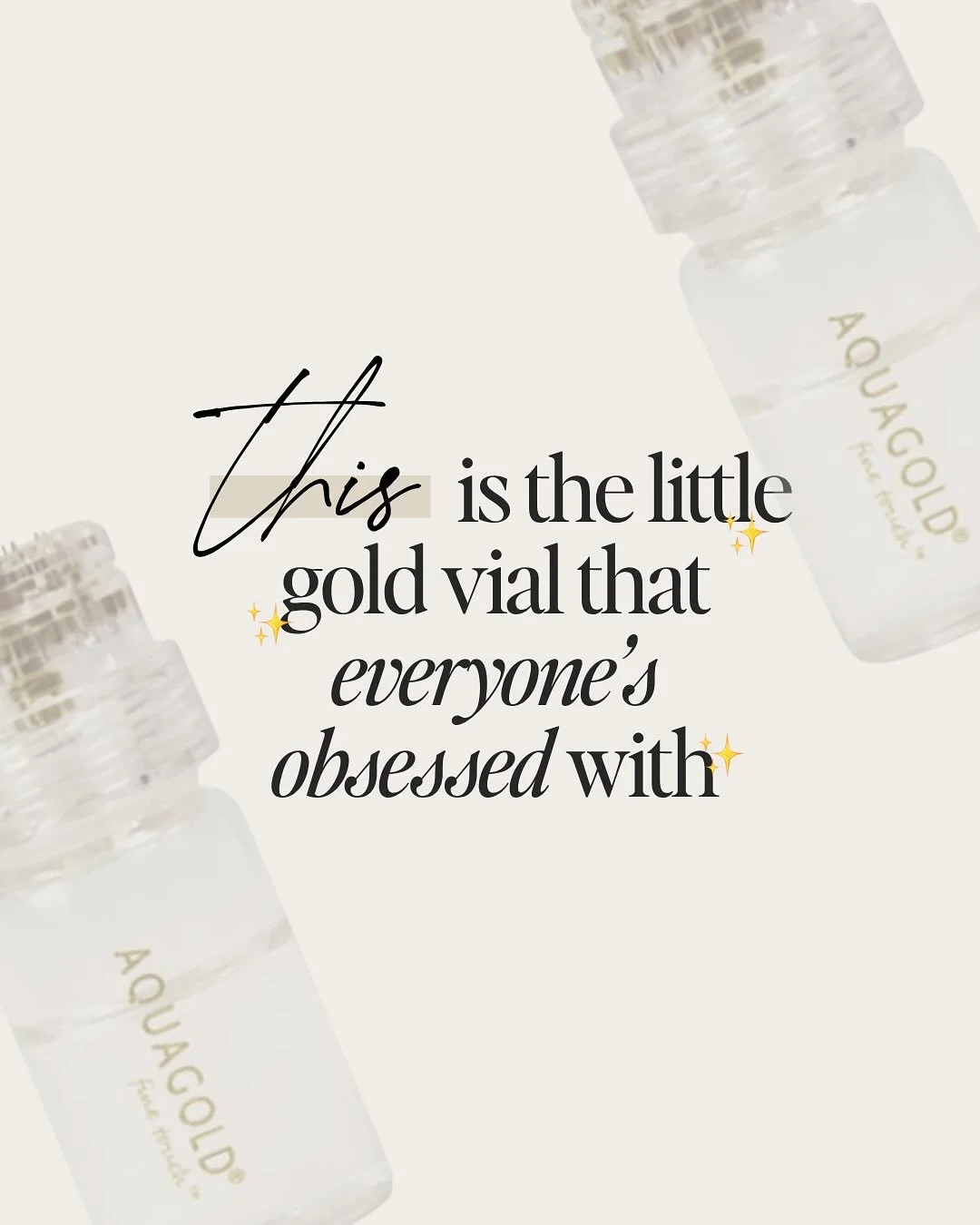
But here's where the math gets interesting. How much have you spent on products that didn't work? How much time did you waste waiting for results that never came? When you factor in the trial-and-error costs of traditional skincare, custom formulations often make financial sense.
Plus, because these serums are designed specifically for your skin, they tend to work faster. Instead of waiting months to see if something helps, most people notice improvements within a few weeks.
The Questions Everyone's Asking
Will it work for sensitive skin? Actually, yes – often better than regular products. Since the formula excludes ingredients that typically irritate your skin type, there's less risk of reactions.
How long before you see results? Most people notice changes within 2- weeks, with major improvements around the 8- week mark. It's not magic, but it's usually faster than the traditional approach.
What if your skin changes? This is actually one of the best parts. Many companies offer reformulation services as your skin evolves. Pregnant? They'll adjust. Moving to a different climate? They've got you covered.
Can you still use your other products? Absolutely, but it's worth mentioning what else you're using when you place your order. The last thing you want is ingredient conflicts that could cause irritation.
The Technology Behind the Magic
Some of the tech being used in skin analysis is genuinely impressive. AI systems can now detect subtle changes in your skin that you might not even notice yourself. Some companies use machine learning to predict how your skin will respond to different ingredient combinations based on data from thousands of other users with similar skin profiles.
There's also some fascinating work being done with microencapsulation – basically wrapping active ingredients in tiny capsules that release them slowly throughout the day. This means gentler delivery and longer-lasting effects.
Is This Right for You?
Honestly? Bespoke serums make the most sense if you've been struggling with your current routine. If you're happy with what you're using and seeing good results, there's no need to fix what isn't broken.
But if you're someone who has complex skin concerns, multiple issues you're trying to address, or you're just tired of playing skincare roulette, custom formulations might be worth exploring.
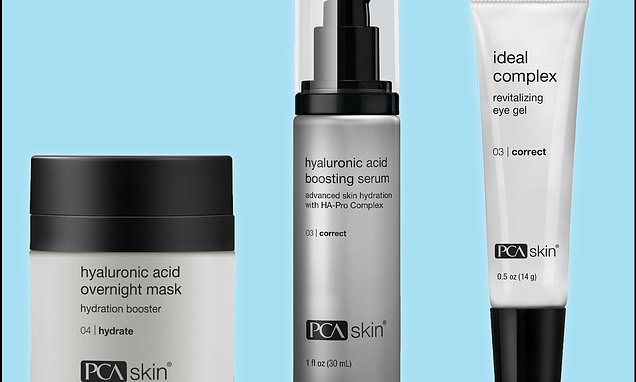
They're also great for people with sensitive skin who have trouble finding products that don't irritate, or anyone who wants to take a more proactive approach to aging prevention.
What's Coming Next?
The future looks pretty exciting. Companies are working on even more sophisticated testing methods, including DNA analysis and microbiome testing. Imagine a serum formulated not just for your skin type, but for your genetic predispositions and the specific bacteria living on your skin.
We're also seeing prices start to come down as the technology scales up, which should make custom skincare accessible to more people.
The Bottom Line
Look, I get the skepticism. The beauty industry loves to promise miracle solutions, and we've all been burned by products that didn't live up to the hype.
But here's the thing about bespoke serums – they're not promising to be magic, they're just promising to be logical. Instead of hoping a random product works for your skin, you're getting something designed specifically for your needs based on actual data about your skin.
The obsession makes sense when you think about it that way. We customize everything else in our lives – our coffee orders, our workout playlists, our Netflix recommendations. Why wouldn't we want the same level of personalization for something as important as our skin?
Whether you're ready to make the switch now or want to wait and see how the technology develops, one thing's clear: personalized skincare isn't just a trend. It's probably the future. And for anyone who's ever stood confused in the skincare aisle wondering which product might actually work for them, that future can't come soon enough.
